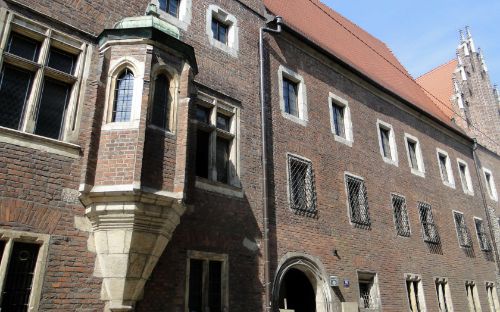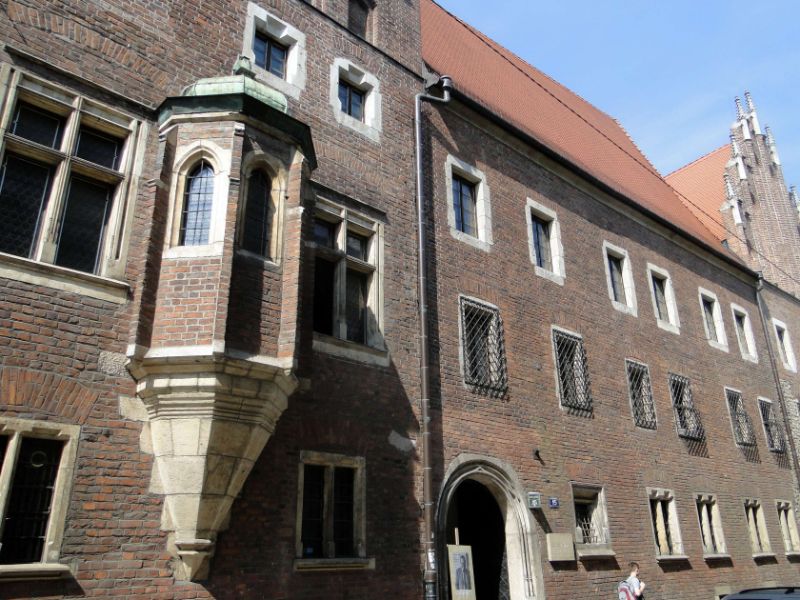Jagiellonian University Museum and its collection
The Collegium Maius in Krakow is the Jagiellonian University's oldest building, that dates back to the 14th century. The Collegium Maius houses the Jagiellonian University Museum. The Collegium Maius was rebuilt in the late 15th century as a late-Gothic structure, where professors lived and worked and lectures were held. The Collegium Maius Museum contains lecture rooms, communal halls, professors’ quarters, a library and a treasury containing rectors' Gothic maces and the Jagiellonian globe. Furthermore, the museum holds and displays medieval scientific instruments, globes, paintings, collectibles, furniture, coins and medals.
History & Anthropology Archaeology Historic house Medieval art & Early Renaissance art Religion
#10 History & Anthropology in Poland #2 Archaeology museums in Poland #4 Historic houses in Poland #3 Medieval art & Early Renaissance art museums in Poland #3 Religion museums in Poland #6 History & Anthropology in Kraków #2 Archaeology museums in Kraków #3 Historic houses in Kraków #3 Medieval art & Early Renaissance art museums in Kraków #1 Religion museums in Kraków #81 Archaeology museums in Europe #79 Medieval art & Early Renaissance art museums in Europe #121 Religion museums in Europe































































